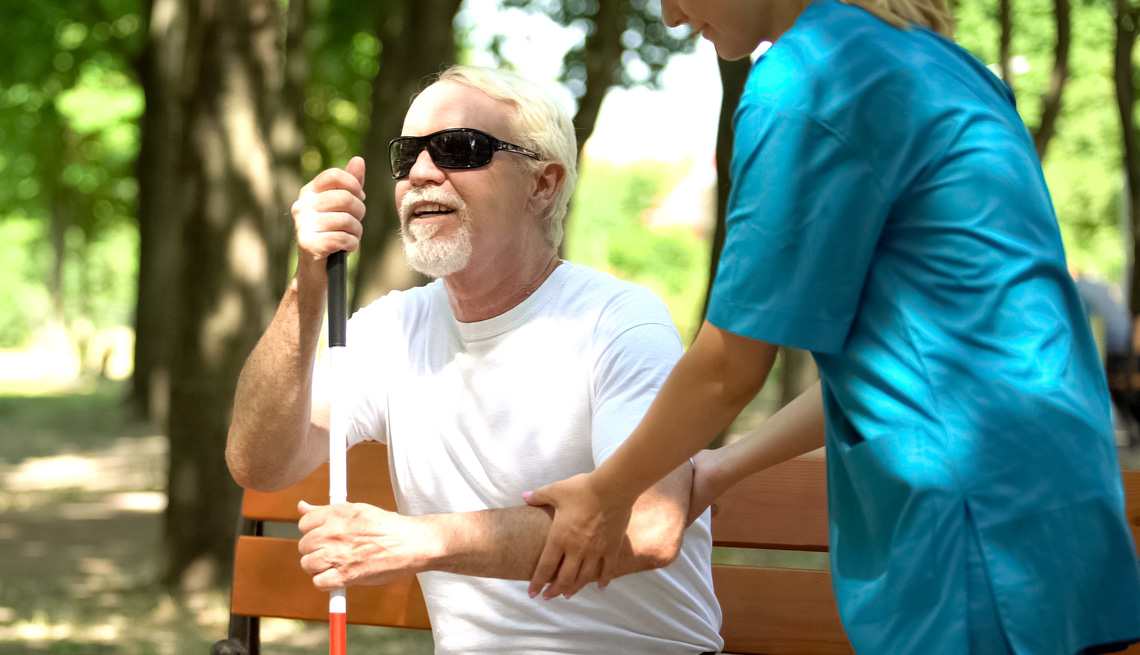
- Select a language for the TTS:
- UK English Female
- UK English Male
- US English Female
- US English Male
- Australian Female
- Australian Male
- Language selected: (auto detect) - EN
Play all audios:
A ‘CATASTROPHIC TIDAL WAVE’ OF SPECIAL NEEDS Finding good long-term care for anyone can be a challenge. Finding the right care for someone aging with intellectual or developmental
disabilities — such as Down syndrome, autism or cerebral palsy — can be especially daunting, advocates say. The country is unprepared for “a catastrophic tidal wave” as people with such
disabilities age without adequate supports, says John Nash, executive director of the Arc of North Carolina, part of a national group serving people with intellectual and developmental
disabilities. The wave results from the general aging of the population, increased life spans for people with disabilities and a sea change driven by court decisions on how intellectually
and developmentally disabled people live and get services. Most live with family members, in their own homes or in small group settings, Nash notes. Large institutions providing 24/7 care
are largely a thing of the past. That’s mostly a good thing, Nash says, but leaves a yawning gap when people develop more intense needs with age. Some ideas are gaining traction. Service
agencies have opened specialized small group homes for intellectually disabled clients with dementia. Such homes, when well-staffed, -designed and -funded, can keep vulnerable people in
safe, supportive care and out of nursing homes ill-prepared to serve them, says Matthew Janicki, copresident of the National Task Group on Intellectual Disabilities and Dementia Practices.
Janicki, a researcher at the University of Maine and University of Illinois at Chicago, follows three such homes in Wichita, Kansas. “The people living there know the staff, they know each
other, they’re treated well. This is their home,” he says. Dementia care is of especially urgent interest to caregivers for people with Down syndrome, who have an elevated risk of early
Alzheimer’s. One tip from the National Down Syndrome Society: Research residential options for your loved one before a crisis hits.










